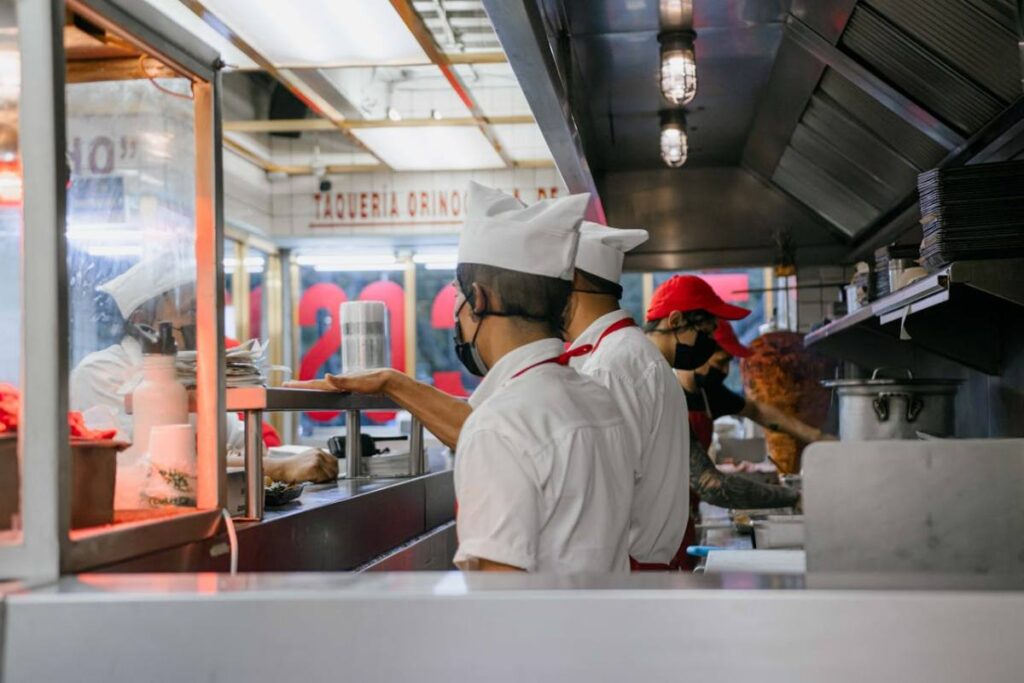It may be a bit early to speculate about how far-reaching the effect of California’s recent increase in the minimum wage would be. Fast-food restaurants are particularly of concern because there are widespread speculations that the wage hike may result in layoffs and closures.
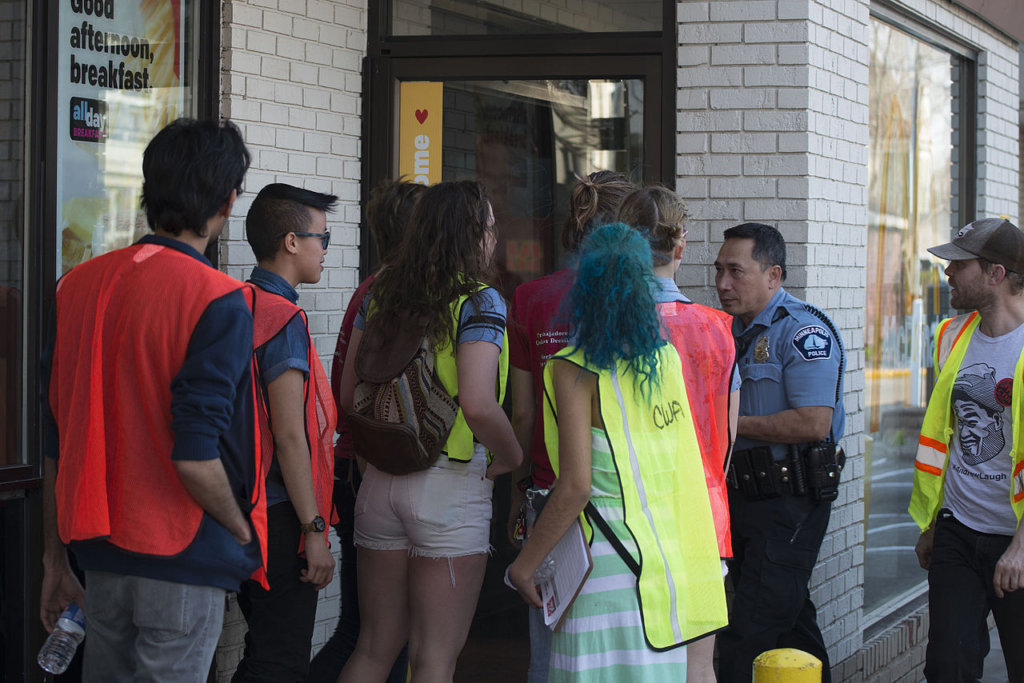
However, experts have pointed out that previous wage raises in California and New York did not have such effects.
California’s Minimum Wage Increment is Driving the Local Economy
On the contrary, a notable uptick in California’s overall economy has been observed since the April 1 ratification of the minimum wage increment. So far, California’s service industry has added about 8,000 more jobs since the increment.

The US Bureau of Labor Statistics compiled these figures by comparing month-on-month employment data from 2023 and 2024.
Some Other Benefits of the Increment
According to Joseph Bryant, the executive vice president of the Service Employees International Union, “multiple franchises have also noted that the higher wage is already attracting better job candidates, thus reducing turnover.” This is in addition to the job increase in the industry.

However, many fast food chains have admitted to cutting work hours and raising the price of their offerings in a bid to break even.
Fast Food Restaurants Are Coming Away With Ruffled Feathers
Juancarlos Chacon owns multiple outlets of Jersey Mike’s in Los Angeles. According to Chacon, this is the first time he has increased the pricing of his menu items in about 25 years of business.

Chacon suggests he couldn’t help it after the April 1 wage increment legislation. Turkey sub at Jersey Mike’s has gone from $10 to $11.15.
Customers Are Also Cutting Expenses When They Eat Out
Chacon also pointed out that while customer traffic did not drop, many customers have become very frugal when eating out. Many of his customers have knocked dessert, chips, and even drinks off their order lists.

Jersey Mike’s high-traffic period is often lunchtime, so Chacon said he reduced staffing for morning and evening shifts.
Labor Has Become a Major Cost for Restaurant Operators
So far, Chacon’s part-time staff in Jersey Mike’s nine outlets has dropped from 165 to 145. Unfortunately, the pay raise was not limited to entry-level staff alone; supervisors, managers, and everyone in the job hierarchy got raises.

After assessing the econometric effect of these raises on his business, Chacon found that labor now gulps about 35% of his overall cost. This realization, he said, gives him the shivers.
National Chains Are Likely to Outpace Regional Ones
Aaron Allen, the CEO of a global restaurant consulting firm, claims he has gotten several panic calls from restaurant operators in California. Many of these small-time operators are concerned about how to keep afloat with the emerging economic realities that the minimum wage increase poses.

Now, more than ever, the margin between national chains like McDonald’s and their regional counterparts, like Jersey Mike’s, will grow wider.
Small Restaurant Chains Are Being Gladhanded Into Making Tough Choices
National fast-food chains can afford to exploit redundancies, easily break even, and still control prices. Unfortunately, that is not the case for chains with just a few regional outlets.
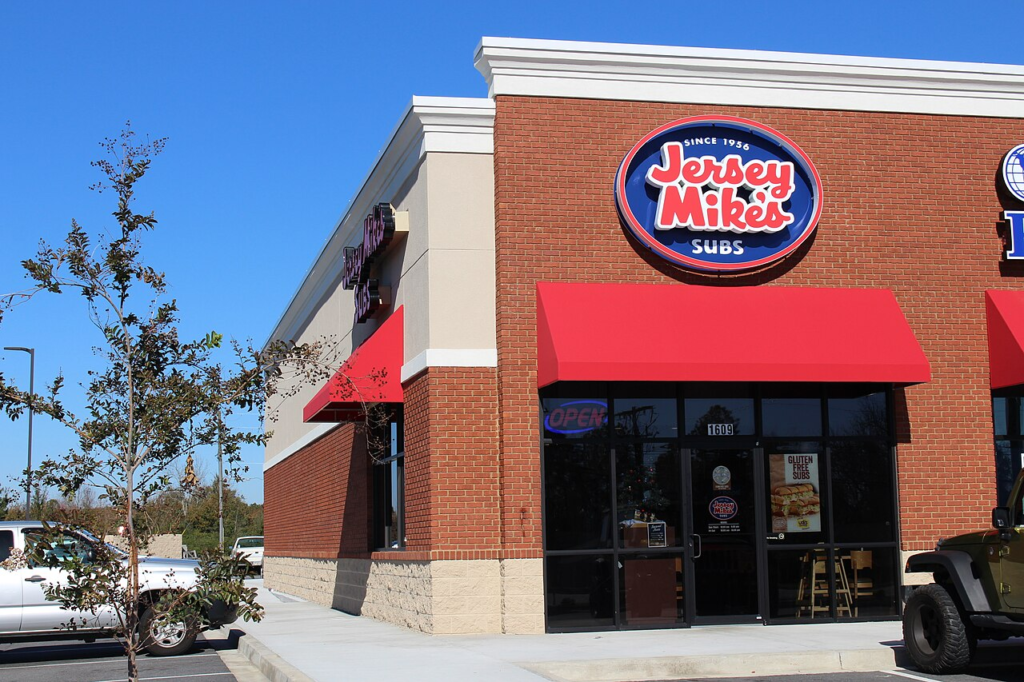
These small restaurant chains have limited options; they are left with tough decisions like significantly increasing prices, reducing work hours, or outright laying off some workers.
Running a Californian Restaurant Has Gotten Quite Complex
Lawrence Cheng, the owner of seven Wendy’s franchises, said he has managed to get by with minimal job fatalities. So far, he has retained his 250 workers. However, Cheng reduced the number of workers on each shift and made major cuts to overtime.
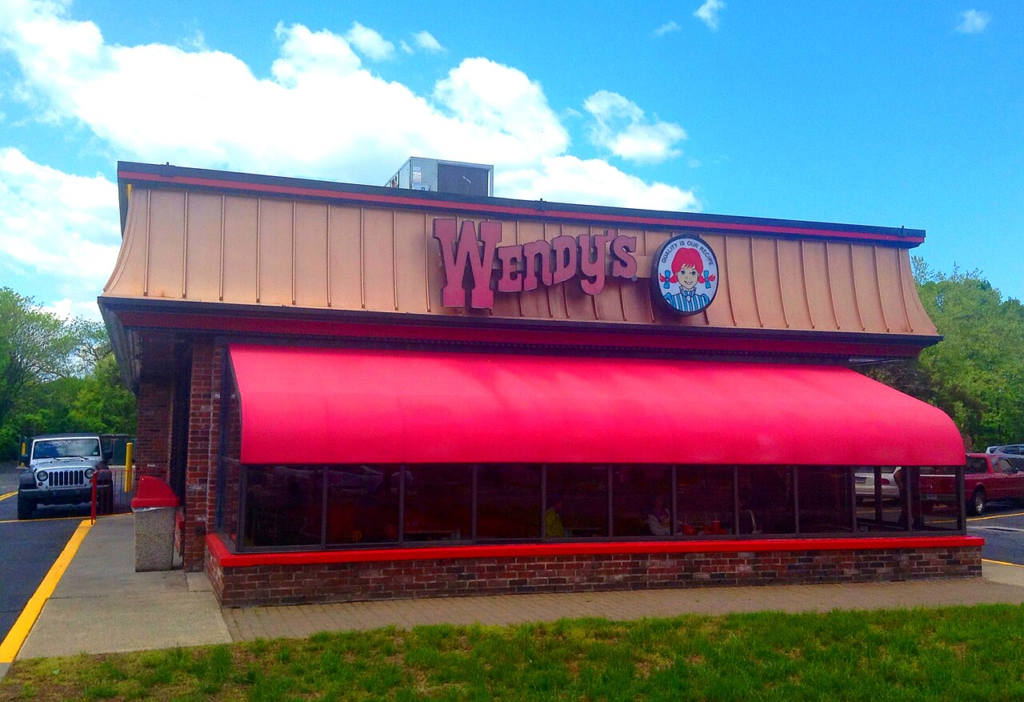
In addition, he increased the pricing of menu items by 8%, but at the end of it all, he still overshot the budget by $20,000.
Initial Opposers of the Minimum Wage Increment Have that ‘I Warned You’ Look
Jot Condie was one of the strongest opponents of the minimum wage bill, and he is also the president and CEO of the California Restaurant Association (CRA). According to him, the dilemma of Californian restaurant operators goes way beyond the potential crisis lurking around the minimum wage increment.

Condie suggests that restaurants also have the rising costs of food and rent to deal with.
ALSO READ: Man Relocates to a 5-Star Resort Abroad, Finding It Cheaper Than Monthly Rent and Bills
Will Drastic Cuts to Workforce Be Justifiable?
Condie cannot help but notice all the red flags popping up after the passage of the minimum wage bill. He said, “When labor costs jump more than 25% overnight, any restaurant business with already-thin margins will be forced to reduce expenses elsewhere.”

In addition, Condie feels that restaurant operators would be justified in cutting back on the workforce. No one goes into business to make losses.
The State Government Stands its Ground
Governor Gavin Newsom has a varied perspective on this discussion. For him, the state’s priority is to give its burgeoning fast-food workers a living wage.
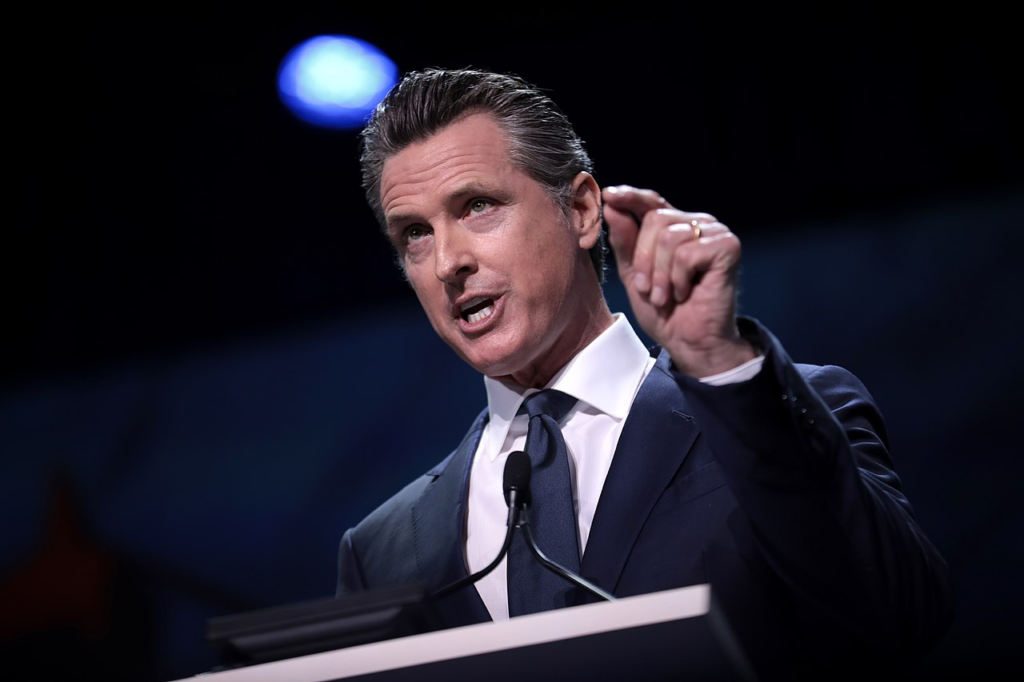
Newsom stated in a social media post, “We are a state that gives a damn about fast food workers — who are predominantly women — working two and a half jobs to get by.”
You Might Also Like:
McDonald’s Surprisingly Brings Back an Old-Time Favorite of Their Customers
10 Easy Income Ideas for Retirees To Make Extra $1500 Monthly
Experts Say That the “Right Mix” of Retirement Accounts Is More Affordable Long-Term
Western Clothing and Denim Are Back in Trend, and the Reason Will Shock You

